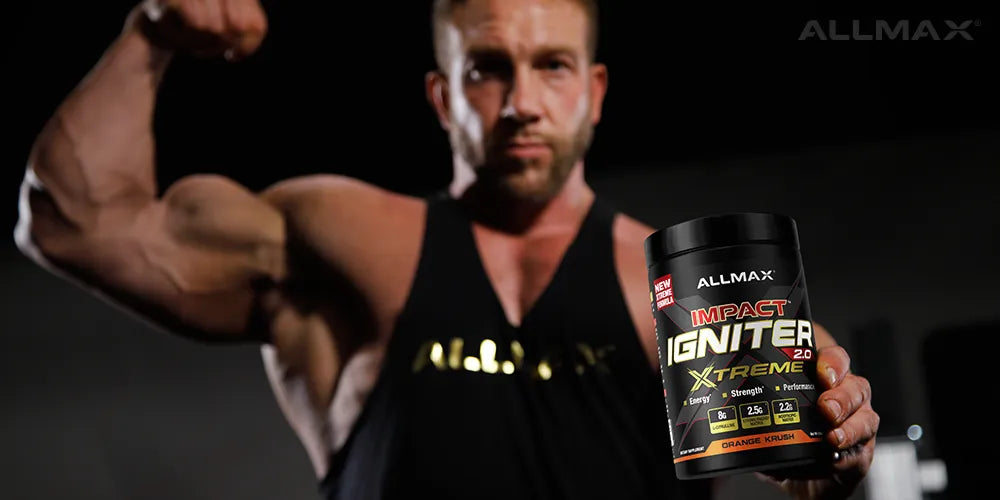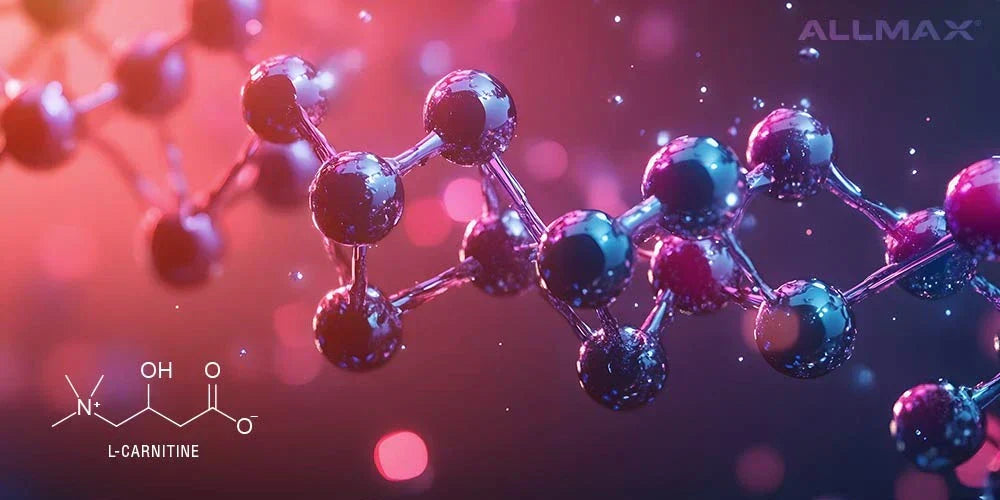Zinc gluconate is a widely used supplement, essential for maintaining healthy levels of zinc in the body. Zinc is crucial for immune function, skin health, wound healing, and cell division. As a form of zinc, zinc gluconate is well-absorbed and often recommended for individuals with zinc deficiencies or those seeking to support overall wellness. It can also aid in muscle recovery, making it a popular choice among athletes.
What is Zinc Gluconate?
Zinc gluconate is a highly bioavailable form of zinc, an essential mineral that supports a wide range of bodily functions. It plays a key role in immune system support, skin health, wound healing, protein synthesis, and cellular division. Zinc gluconate is commonly used in supplements due to its ability to be absorbed efficiently by the body, making it an excellent option for individuals looking to address zinc deficiencies or enhance their overall health.
Compared to other forms of zinc, such as zinc sulfate and zinc citrate, zinc gluconate is often considered gentler on the stomach, causing fewer gastrointestinal issues. Zinc sulfate, for example, is effective but can cause irritation and discomfort when taken on an empty stomach. Zinc citrate, while also well-absorbed, may not be as gentle for those with sensitive digestion.
What does Zinc Gluconate do?
Zinc gluconate helps in various physiological processes, including:
- Immune Support: Zinc is essential for a healthy immune system, promoting the production of white blood cells.
- Wound Healing: Zinc plays a role in the body’s ability to repair and heal wounds.
- Skin Health: It supports healthy skin by regulating oil production and promoting healing of acne or other skin conditions.
- Antioxidant Protection: Zinc acts as an antioxidant, protecting the body from free radicals that cause cellular damage.
Benefits of Zinc Gluconate for Athletes
Zinc gluconate provides numerous benefits for athletes, helping to improve performance and recovery:
- Supports Muscle Recovery: Zinc contributes to protein synthesis, which is essential for muscle growth and repair after intense exercise.
- Reduces Inflammation: Zinc can help reduce exercise-induced inflammation, promoting faster recovery.
-
Enhances Immune Function: Athletes often face higher risks of infections, and zinc can support a robust immune system, reducing the likelihood of illness.
If you're looking to enhance your recovery and boost your athletic performance, consider incorporating zinc gluconate into your supplement regimen. You can also explore products like ZMX2 , TestoFX which contains zinc and other minerals designed to support optimal health and performance.
Side Effects of Zinc Gluconate
While zinc gluconate is generally safe, some individuals may experience side effects, especially when taken in excess. These may include:
- Nausea: Excessive zinc intake may irritate the stomach.
- Diarrhea: High doses of zinc can cause gastrointestinal upset.
- Copper Deficiency: Prolonged use of zinc in high amounts may interfere with copper absorption, leading to a deficiency.
- Headaches: Some users report headaches with high-dose zinc supplementation.
To avoid these issues, it’s important to follow the recommended dosage and consult with a healthcare provider if you have concerns.
How Much Zinc Gluconate Should I Take Per Day?
The recommended daily dosage of zinc gluconate depends on age, sex, and health status. Generally, the following guidelines are advised:
-
Adults: 15–30 mg per day
- Athletes: Some athletes may need a slightly higher dose, but it's essential to consult with a healthcare provider to determine the appropriate amount.
When is the best time to take zinc gluconate?
Zinc gluconate is best taken with food to reduce the risk of stomach irritation, which is common when taking zinc on an empty stomach. For most individuals, taking zinc in the morning or with a meal is ideal. For athletes, it’s beneficial to take zinc gluconate after exercise to support muscle recovery and boost immune function. It helps replenish zinc levels that may be depleted during intense physical activity, promoting faster recovery and reducing the risk of illness.
When it comes to combining zinc gluconate with other supplements, it's important to be cautious. Zinc can interfere with the absorption of minerals like calcium, magnesium, and iron, so it’s best to avoid taking zinc gluconate with high doses of these minerals. If you are using a multivitamin or other supplements containing these minerals, it’s recommended to take zinc at a different time of day for optimal absorption.
References:
1. Elgar, K. (2022) Zinc: a review of clinical use and efficacy. Nutr. Med. J., 1 (3): 46-69.




